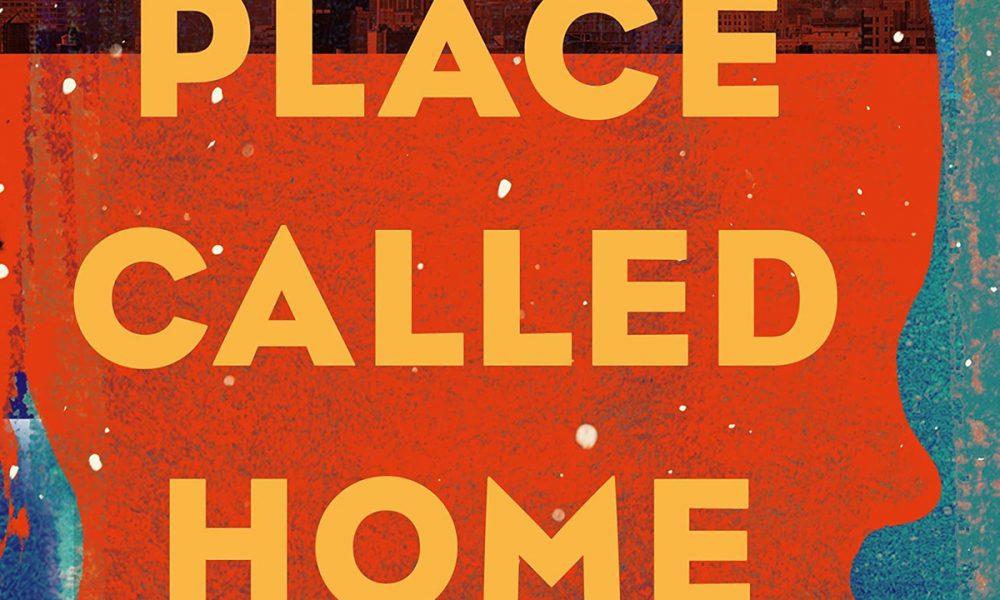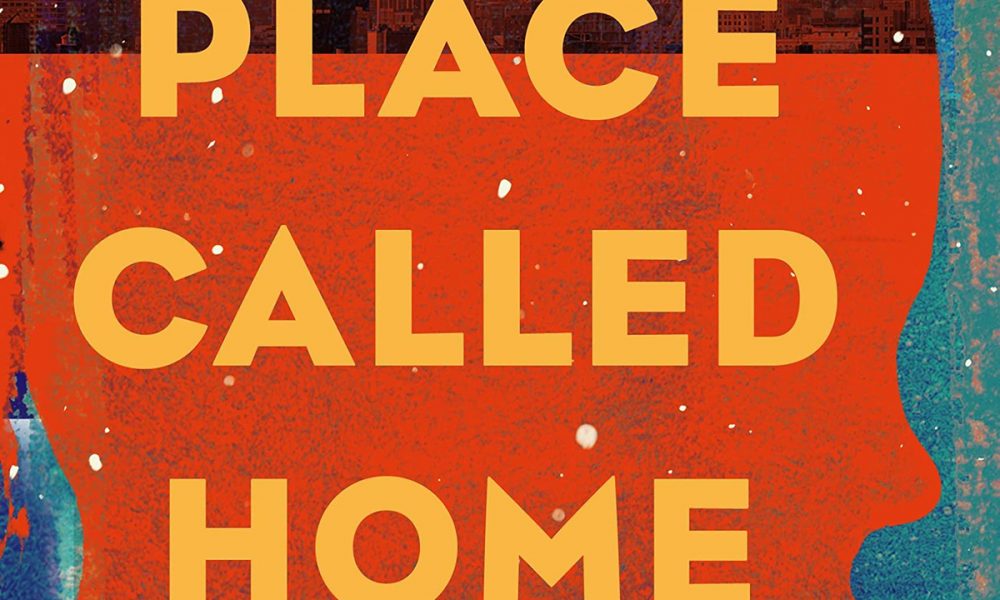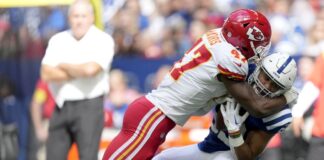
WASHINGTON – Cody Keenan, director of speechwriting for President Obama, had a prominent vantage point in the White House during an eventful 10 days that included recovery from a violent memory underscoring lingering issues with racism.
Those 10 days, which saw the U.S. Supreme Court ruling in favor of same-sex marriage and upholding Obamacare as well as Obama’s speech in the aftermath of a racist shooting at a Black church in Charleston, are now encapsulated in his new book, “Grace: Barack Obama and Ten Days in the Battle for America.”
The Washington Blade spoke with Keenan about his book in an interview on Tuesday that includes an exchange the author and this reporter shared from different perspectives during Obama’s speech in the Rose Garden after the Supreme Court’s ruling for same-sex marriage.
Read the full interview below:
Blade: Why was the time now for this book?
Cody Keenan: There’s a couple of reasons for that. No. 1 is sort of technical. I was still working for President Obama up until the beginning of 2021. And so I didn’t feel appropriate to start writing a book that’s largely about him as long as he was paying me. So that’s the technical answer.
The other is I’d just been rolling these 10 days around in my head for a while. You know, it doesn’t coalesce all at once. You don’t wake up in the morning after marriage equality and Charleston and say, “OK, I’m going to write a book.” It really took the Trump years to actually crystallize it in my head because suddenly we were living through the opposite. We come through this kind of amazing 10-day burst of progress. That, of course, is not limited to 10 days. It was a result of decades of effort, and then the backlash to it. It makes it seem all that more sharp.
Blade: I think our viewers are going to be very interested in the discussion on the marriage ruling and the potential outcomes that you depict in the book. Looks like there was a lot of anxiety behind closed doors about the decision as well as the possible decision on the Affordable Care Act. Do you think that anxiety was shared by President Obama?
Cody Keenan: I’ll never know for certain. He didn’t show his hand like that. He never looked at the drafts we wrote the kind of ‘in case of emergency break glass’ drafts. He just he never did. Not on election nights, not on Supreme Court rulings. It’s not that he’s cocky, he was confident. I think it was more confident in the ACA decision because he knew that it shouldn’t have been there in the first place. So, I don’t so I don’t know how he felt about the marriage equality ruling coming in. I know how he felt about it after the fact. You can watch his remarks on YouTube, which are pretty extraordinary.
They were fairly short as written and then he decided to keep going, which is always interesting as a speech writer, knowing that the remarks are over. I love watching him ad lib, but when the remarks are over, and he just keeps going and there’s no runway to land that plane and that’s always a little interesting. On the page, it’s not a lot but he was really thinking as he was saying the words, as he was tying it to the countless small acts of courage with people who came out and parents who love their kids in return, people who just who made this happen through decades of efforts. And then, he tied this into Bobby Kennedy, which is really exciting. So that was kind of fascinating to watch.
I’ve always thought that he was genuinely moved by the fact that America had come so far and, relatively speaking, so fast on the equal rights issue like that. … I asked him later why he ad-libbed all that and why he was talking so slowly. He just he said he was up too late, reworking my speech, which isn’t true, because he gave it back to me like 11 p.m. But no, I think he was genuinely proud of the country, and then a whole lot of people at that point.
Blade: Yeah, I remember that day very well because I was actually right in front of Obama as he was giving those remarks. I’m a White House reporter, so I wanted to be able to see these remarks firsthand. I was at the Supreme Court and I rushed back to the White House. I actually missed the call time just by ever so slightly but a when the White House staffer saw me there, she escorted me to the Rose Garden. And I was seated there, then press saw me there and they knew how important it was to me so they allowed me to take the seat in the front row where normally the major news stations sit. I was a few feet away from Obama, as he was saying those words.
Keenan: Oh wow. Well, this isn’t a two-way interview, obviously, but I’d be very curious afterwards as to how you were feeling that morning before and then.
Blade: For me, it was a very surreal and very powerful experience to have this issue that has been a really important issue for so many people, and really animated my work for so long, to more or less reach its conclusion. And one thing that really stood out to me was it just seems to me like when I was writing about marriage equality, it was really of interest to a certain group of people and other people really weren’t that interested. But on that day, it was a reminder that that wasn’t the case. Because remember, President Obama gave his remarks and then the entire White House staff circled around the perimeter of the Rose Garden and gave applause and it was just it was very touching, very moving. I don’t think they did that for the ACA speech. It struck me just how powerful it was because people wanted to embrace that decision with that reaction.
Keenan: The difference there is that we had — this is who people are, we had so many colleagues that — I just dreaded the idea of having to look a colleague in the eye or a friend had it gone the other way. There was anxiety and we were also relieved and excited that it went the right way. There was anxiety that morning. I guess I can always speak for myself, but as a Democrat and as a Chicago sports fan, I am never satisfied until it’s over…I’m always hopeful we’re gonna win, but I don’t ever expect. So until that really came down, I was pretty anxious for sure.
Blade: Was there anything during that speech that surprised you. I think you said Obama said a few things you didn’t think he was going to say but just anything that otherwise happened that just really opened your eyes on that either after the ruling or in his remarks?
Kennan: The remarks didn’t surprise me…I just thought it was so interesting that he kept going. He always gave long speeches, but for a speech to be over on paper and for him to not want to stop. You know, he didn’t want to stop and just wanted to say more, and I thought that was so fascinating and awesome and exciting, and then obviously five minutes after that we need to head down to Charleston.
Blade: I do want to ask you about Charleston, but one thing I want to ask you about was that was the night that the White House was lit up in rainbow colors. And I’m just wondering if you were part of the discussion, if you aware of that, if you remember your reaction to that?
Keenan: I was not a part of the discussion. I didn’t know what was going to happen until that morning or the morning after, I can’t remember. We were on the Rose Garden for the remarks, and Denis McDonough came up and told me, “God, that’s cool.” It’s one of those things where you wish you thought of it because it seems so obvious. I’ve talked to a lot of people for this book. I talked to Jeff Tiller and Tina Tchen. [Jeff Tiller was an Obama White House LGBTQ media liaison.] And one of the coolest things Jeff told me was he was the one that kind of spearheaded this whole thing and found funding for it, found quotes from contractors and was out there kind of tearing his hair out when the lights weren’t necessarily working.
But the coolest thing he said is they were talking about what to do if the Supreme Court ruled the other way. Do they light it up? And Jeff said, “Yeah, it’s even more important then.”
Blade: That’s definitely something that was planned for. I was really surprised at how they were able to keep it under wraps for so long. It was a surprise to everyone I think.
Keenan: The only bummer is that Obama was gonna fly around the front of the White House on Maine One to look at it. But I don’t think anybody remembered this was like the longest week of the year daylight-wise. So we’ve been back for maybe two hours before it actually started, before colors actually started getting visible.
Blade: So on the Charleston speech, a much more somber moment, do you think having the nation’s first Black president at the time offered us something unique in that moment?
Keenan: Sure. I talk a lot about how difficult it was to write about race just because we haven’t all lived the same experiences. It may have actually been more difficult to write that speech had it been for a white president to deliver. The fact that a Black president gave that eulogy was pretty remarkable. It’s not just that he is a walking sign of progress and change, and a lot of people didn’t like that, hence some of the backlash we’re living in now.
….He can speak to race and the possibilities of reconciliation and change, I think, more so than a white president could have in that moment. It’d be easy for a white president to just condemn it, but for a Black president to go up and find the words is easier symbolically. It might have been more difficult on the page. I really don’t know. But it was a quintessential hit, what he did to the text, using the lyrics to Amazing Grace to kind of create the space for people to change their minds, the space for people to — the whole song was written by a slave owner who changed his ways, to repent. And it’s sort of the same thing, if anything’s ever going to wake us up to the long legacy of racism and to what gun violence is doing, that’s what the Confederate flag means to some people. It has to be this. So in some ways, I don’t know the answer as to whether it be easier or harder, but he did bring something unique to it just by virtue of his experience.
Blade: Did you think the Charleston shooting represented the last dying breath of racism in the United States, or that it was a prelude of things to come?
Keenan: I don’t think either. I could see the argument for each but I don’t think either. We’ve obviously endured racial violence for centuries. A Black church was set on fire in Massachusetts the day Obama was elected. He had more threats against him than any other president. It’s what we live with. So it definitely wasn’t the start, and it’s not the end. I mean, in a lot of ways, the fact that Donald Trump announced his candidacy the day before the shooting, it’s just kind of an awful reminder that a president’s words can unleash a lot of bad things, and at their best they can inspire the best in people, at their worst they can turn people against each other and kind of let loose the country’s worst demons and create permission structure for people to act out their political violence.
What kind of linked those things that week, and even Obamacare to a lesser extent, is who are we? Do we stand up to white supremacy and bigotry? Or do we allow this to continue, do we allow state legislators to fly the Confederate flag over where Black people live and work and worship? Do we allow the Supreme Court to basically codify bigotry by saying, “No, you can’t get married”? Do we allow them to say sorry to millions of poor people and working people you don’t get to have health insurance unless you’re wealthy? And like all those things just came to a head in the same week.
Blade: So my final question for you is what kind of impact would you like for your book to have?
Keenan: There’s kind of three buckets here. One is first I really do think it’s an important story to tell for history. I want people to read about this some day as this kind of amazing spasm of progress that is not due to one president, but to two generations of people who marched and fought and bled for this. I also teach speech writing at Northwestern, I want young people who are in college now and look at politics and think, “Why would I want to do that?” and change their minds. I want them to think this is a place that’s worth my time and effort. It can actually be fulfilling and collegial and fun.
And anyone else myself included who’s started to feel really cynical in recent years, and there’s plenty of reasons for it, I wanted to throw that up. I’ve gotten some of the greatest feedback so far from a couple strangers who reached out to say they sign up to knock on doors and one of my former colleagues texted this morning to say just reminded me in politics in the first place, and that’s what I want. I want people to read it and say, “You know what, for all the awfulness out there and for the act of undermining of our democracy and the heinous cruelty, we’re still in charge.”
{Editor’s Note: This interview has been edited for length.]






